|
In the realm of culinary dishes, herbs and spices are the unsung heroes, capable of transforming ordinary meals into something extraordinary. Beyond their flavor-enhancing properties, herbs and spices also pack a nutritional punch, making them essential ingredients you can use for everyday cooking. Let's delve into the international world of herbs and spices and explore how you can spice up your life and your meals. The Power of Herbs and Spices Herbs and spices have been prized for centuries for their medicinal properties and culinary uses. Not only do they add depth and complexity to dishes, but many also boast impressive health benefits. From boosting immunity to reducing inflammation and improving digestion, the potential health perks of incorporating herbs and spices into your diet are many. Getting Started: Essential Herbs and Spices If you're a total beginner using herbs and spices, it can be quite overwhelming to know where to begin. Although there are PLENTY of choices to choose from, start with the basics of stocking your pantry with some essential herbs and spices that can elevate a wide range of dishes: Basil: With its sweet, slightly peppery flavor, basil is a versatile herb that pairs well with tomatoes, pasta dishes, salads, and more. Although you can use dried, this is one spice you want to use fresh instead to reap the full flavor potential in dishes. Try using fresh basil in my hemp pesto recipe.  Cinnamon: Beyond its use in sweet treats, cinnamon adds warmth and depth to savory dishes like stews, curries, and roasted vegetables. Several cuisines such as Middle Eastern, Indian and North African use cinnamon in meat-based stews, rice dishes. In Indian cuisine it is a component in the popular spice blend of “Garam Masala.” Consider other healthy cinnamon varieties such as Ceylon and Vietnamese cinnamon. Garlic: Garlic is a must in many dishes, but you may be thinking why this is mentioned on a blog post for herbs and spices. In my opinion as a chef and according to ChefResource.com, it is neither, but it's such an important component to flavoring dishes. A staple in many cuisines, garlic adds bold flavor to dishes and boasts numerous health benefits, including immune-boosting properties. On days where you don’t want the taste of fresh garlic, feel free to have garlic powder on hand in your pantry. Turmeric: Known for its vibrant color and earthy flavor, turmeric is prized for its anti-inflammatory properties and is a key ingredient in many curry blends such as Indian & Jamaican cuisine. Rosemary: This fragrant herb is perfect for seasoning roasted meats, potatoes, bread, and even desserts like lemon rosemary shortbread. Cumin: With its warm, nutty flavor, cumin is a must-have for spice blends, chili, soups, and Mexican-inspired dishes and makes an appearance also in Middle Eastern & North African cuisines. Tips for Incorporating Herbs and Spices Now that you have some essential herbs and spices on hand, it's time to put them to good use in your cooking. Here are some tips for incorporating herbs and spices into your favorite dishes: Experiment with Flavor Combinations: Don't be afraid to get creative and experiment with different flavor combinations. Mix and match herbs and spices to discover unique flavor profiles that tantalize your taste buds. You can also try your hand in making your own spice blends and spice rubs. Fresh vs. Dried: While fresh herbs impart bright, intense flavors, dried herbs are more concentrated and can be used in dishes that require longer cooking times. Experiment with to see which you prefer. Toast Whole Spices for Depth of Flavor: Toasting spices before using them can enhance their flavor profile and aroma. Simply heat them in a dry skillet over medium heat until fragrant, being careful not to burn them. Consider purchasing a coffee grinder specifically for making your own ground spices and spice blends.
Add Herbs and Spices Towards the End of Cooking: To preserve their flavor and aroma, add delicate herbs like parsley and cilantro, as well as ground spices, towards the end of cooking. Don't Forget the Balance: When using herbs and spices, aim for balance. Too much of a strong spice or herb can overpower a dish, while too little can leave it lacking flavor. Taste as you go and adjust accordingly. Herbs and spices are not only culinary treasures but also valuable allies in your journey towards healthier eating. By incorporating a variety of herbs and spices into your cooking, you can elevate the flavor and nutritional profile of your meals while embarking on a delicious culinary adventure. So go ahead, spice up your life, one dish at a time!
0 Comments
Your comment will be posted after it is approved.
Leave a Reply. |
AuthorVanessa LaBranche Archives
June 2024
|

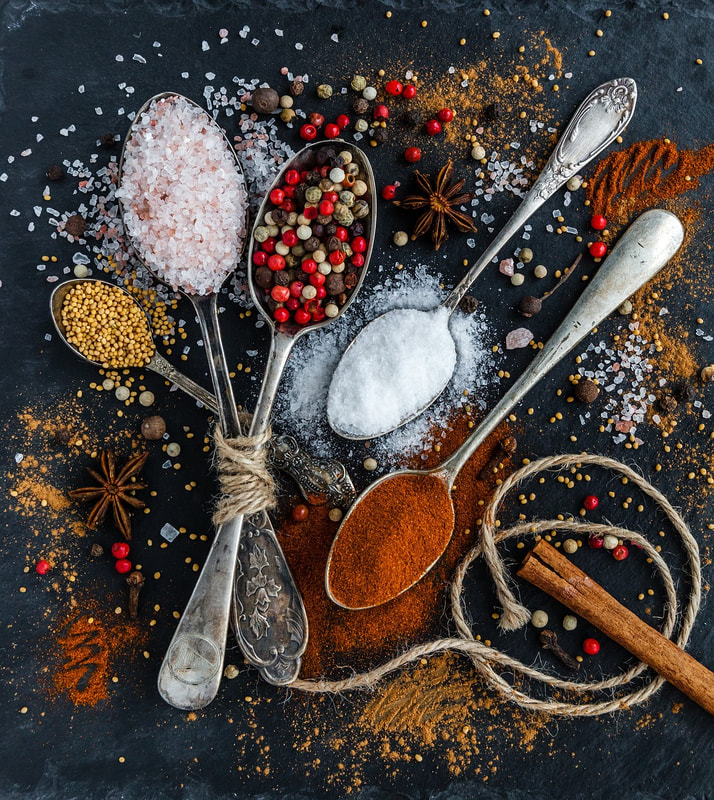
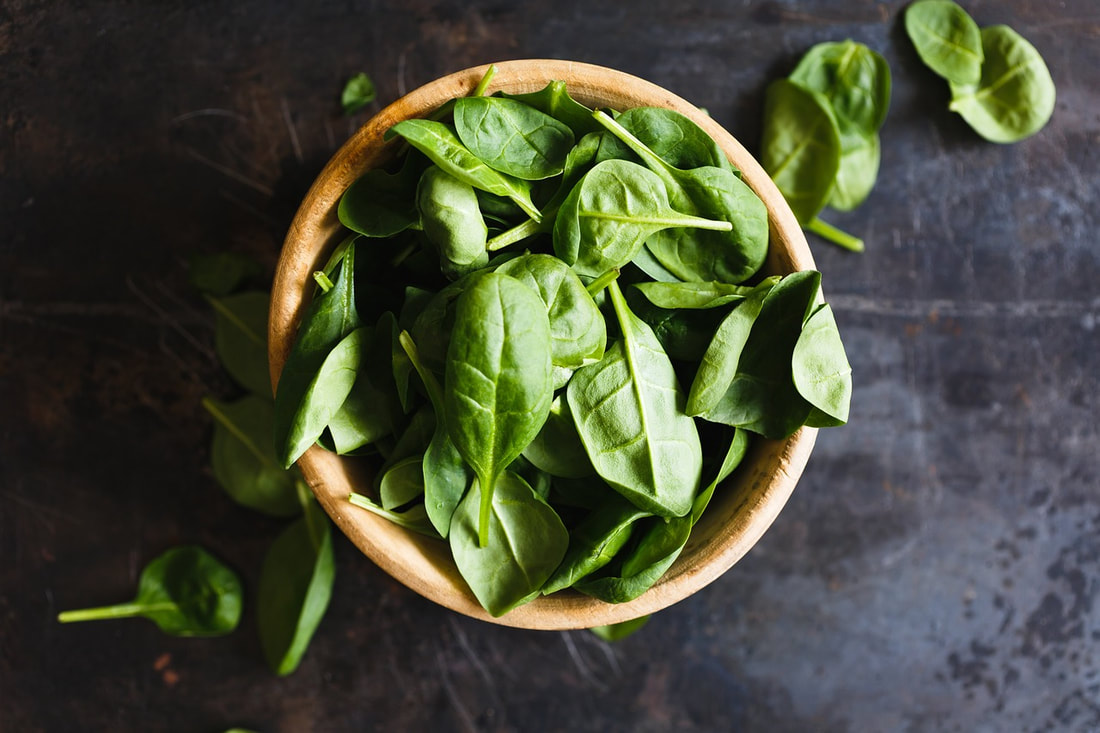
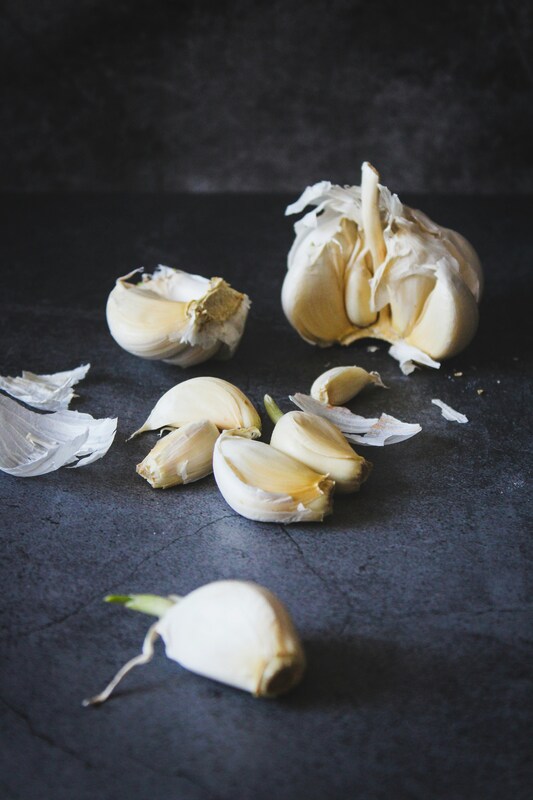
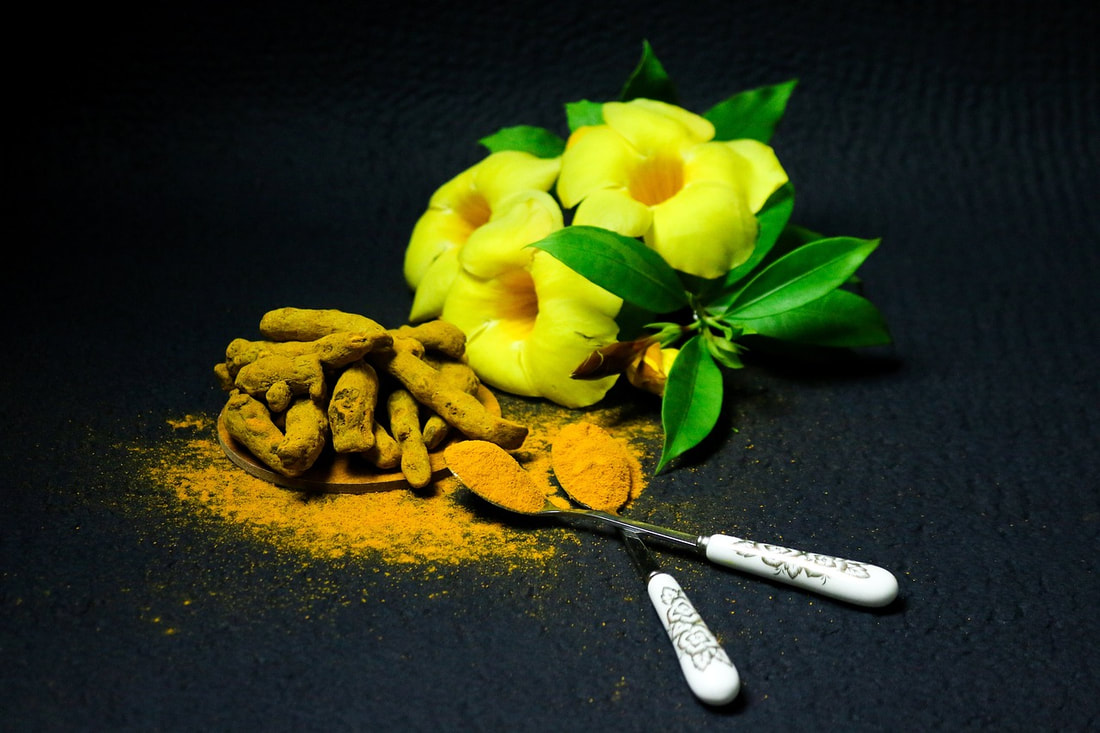
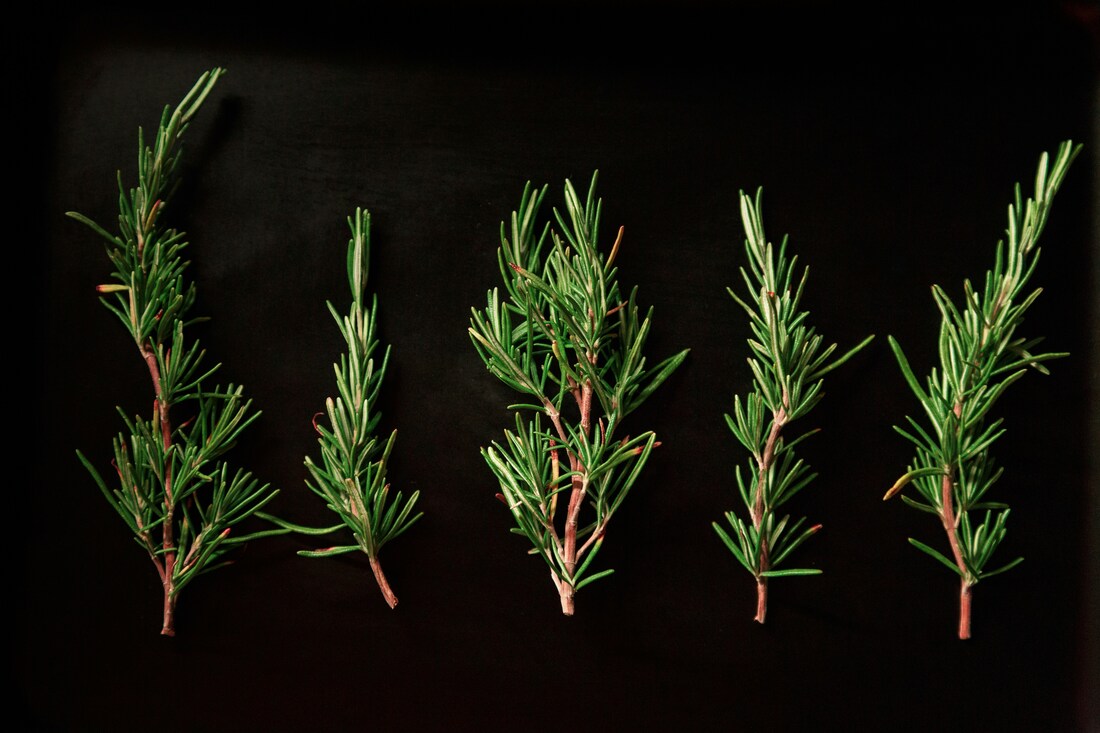
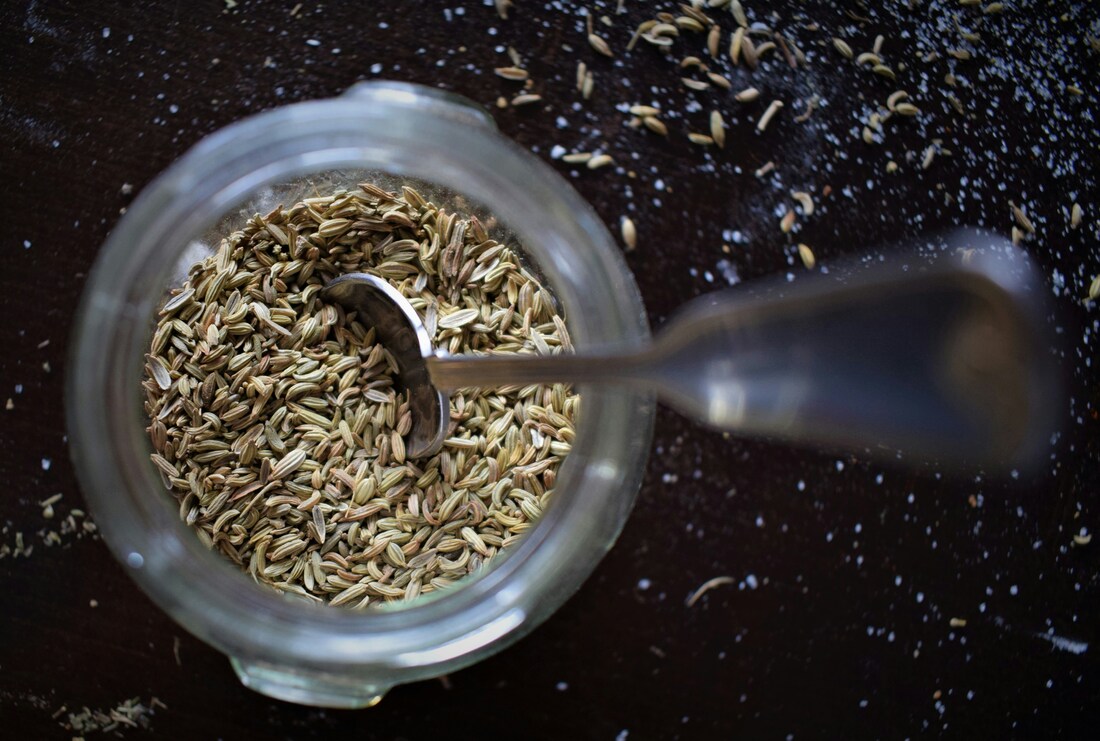
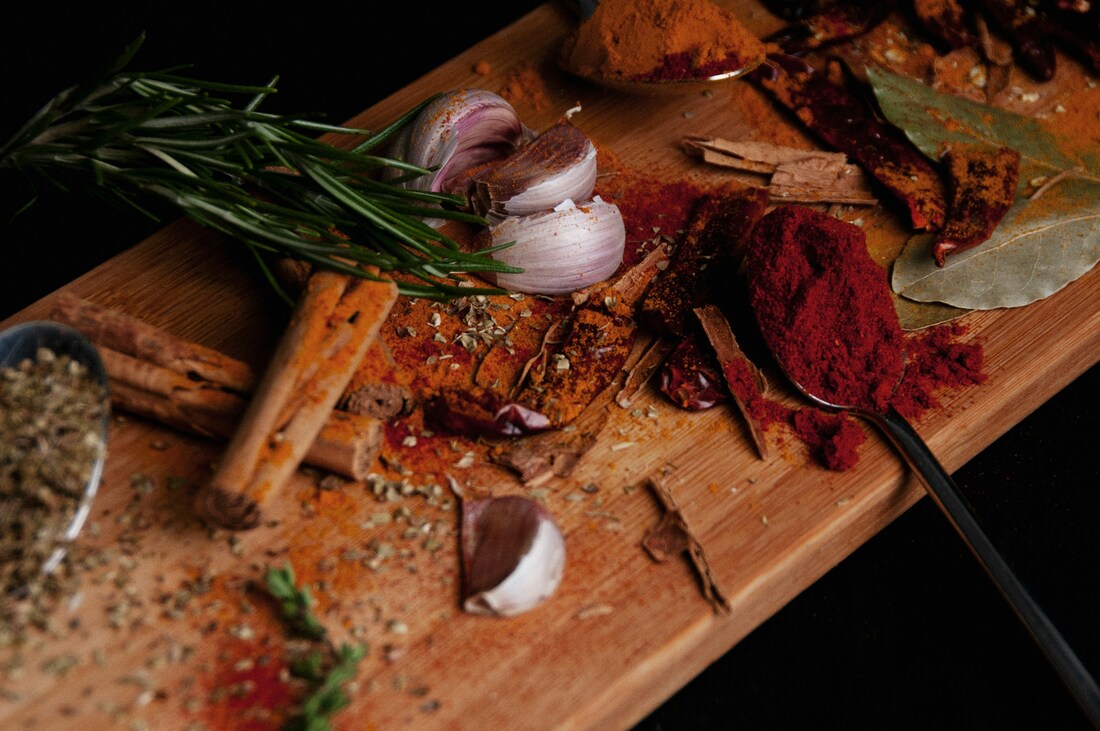
 RSS Feed
RSS Feed